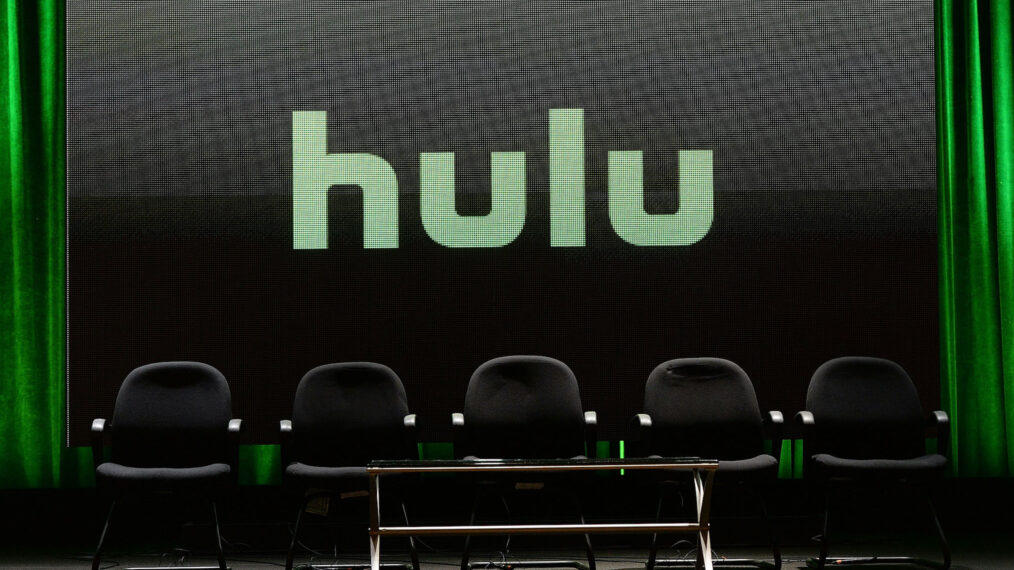What’s in a Name? Hulu, Roku, and 9 Other TV Brands Explained

After years with a six-syllable moniker, the streaming service formerly known as IMDb TV has found a catchier name in a made-up word: Freevee. It makes sense: The Amazon-backed platform does offer free, albeit ad-supported, television.
Other television brands, however, have more obscure names—at least to Westerners—and the fogeys in your life probably have questions. What is a Hulu? What is the meaning of Roku? And are we supposed to be saying “Bravo” to scandal-prone reality stars?
Below, we explain the etymology of 11 of those brands, from Adult Swim to Syfy.
Adult Swim refers to adult-only hours at a public pool. In fact, early promotions for the Cartoon Network programming block had a lifeguard saying, “Sundays at 10, it’s all kids out of the pool for adult swim.”
Bravo is so named because, long before the Real Housewives or any of its other reality franchises, the cable channel was originally devoted to to film and the performing arts.
Cleo TV, a lifestyle and entertainment network geared toward millennial and Gen X women of color, is named after the ancient Egyptian queen Cleopatra, “one of the most powerful, trendsetting, rule-breaking and iconic women in history,” as parent company Urban One puts it.
The CW’s initials refer to CBS Corporation and Warner Bros. Entertainment, the two parent companies of UPN and The WB, respectively, which shut down to make way for The CW in 2006.
FuboTV—the live TV streaming service with a sports focus—is so named because “fubo” is short for “football,” as cofounder David Gandler told World Soccer Talk in 2015.
Hulu is a derivation of the Mandarin word húlu (葫芦), as former CEO Jason Kilar explained in a 2008 blog post. “Hulu has two interesting meanings, each highly relevant to our mission,” he wrote. “The primary meaning interested us because it is used in an ancient Chinese proverb that describes the hulu as the holder of precious things. It literally translates to ‘gourd,’ and in ancient times, the hulu was hollowed out and used to hold precious things. The secondary meaning is ‘interactive recording.’ We saw both definitions as appropriate bookends and highly relevant to the mission of Hulu.”
Peacock, of course, is a reference to the many-feathered mascot of NBC, another NBCUniversal property. NBC adopted the peacock as its mascot in 1956 to show off its new color broadcasting technology.
Quibi, may it rest in peace, referred to “quick bites,” referring to the mobile-friendly streaming platform’s shorter episodes. Founders Jeffrey Katzenberg and Meg Whitman announced the name in 2018, with the latter remarking, “Jeffrey can’t stop saying the name Quibi. I think that will be a fun name for us.”
Roku (六) is a Japanese word meaning “six,” a reference to the electronics/media company being the sixth venture founded by billionaire businessman Anthony Wood, Fast Company reports.
Seeso, the name of a now-defunct streaming platform, “plays off the curated experience and ‘right brain comedy’ programming filter,” an NBC spokesperson explained to The Wall Street Journal in 2015. “It’s a reference to the mapping the comedy genome philosophy.… ‘You came to see The Office, so we’ll show you other workplace comedies you’ll love.’” (Another NBCUniversal exec told the newspaper, “We strive to create customer delight by getting you the good stuff, every day, every week. Come and Seeso for yourself.”)
Syfy came about after the cable channel formerly known as Sci-Fi Channel or simply Sci Fi decided to rebrand itself in 2009. “If you ask people their default perceptions of Sci Fi, they list space, aliens and the future,” then-president Dave Howe told The New York Times at the time. “That didn’t capture the full landscape of fantasy entertainment: the paranormal, the supernatural, action and adventure, superheroes.” (Bonnie Hammer, now vice chair of NBCUniversal, gave a more pragmatic reason: “We couldn’t own Sci Fi; it’s a genre. But we can own Syfy.”)










